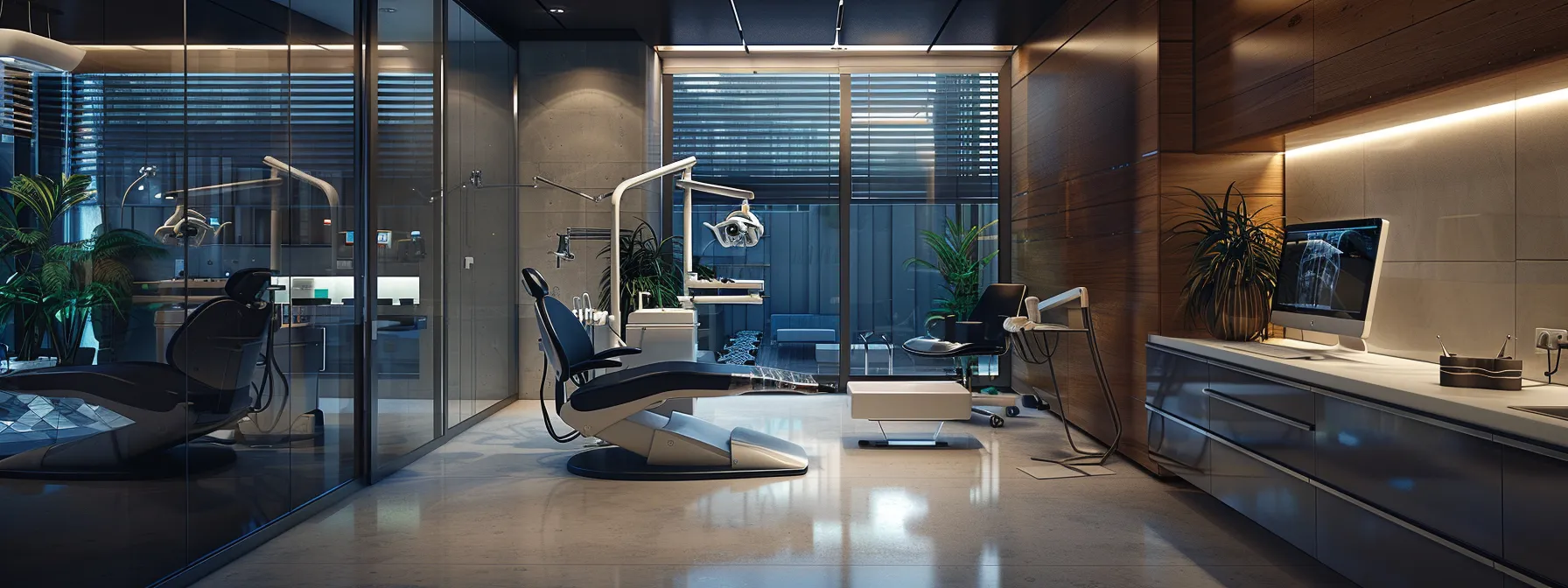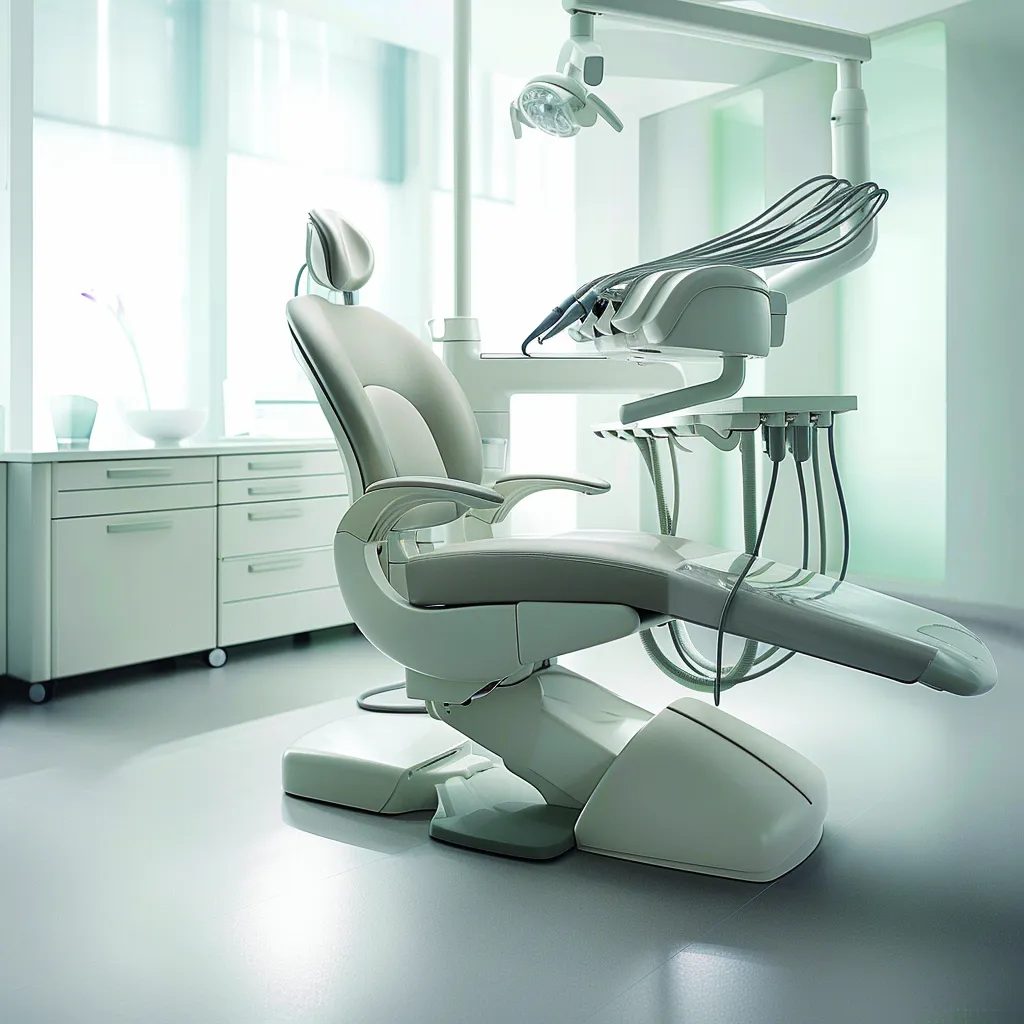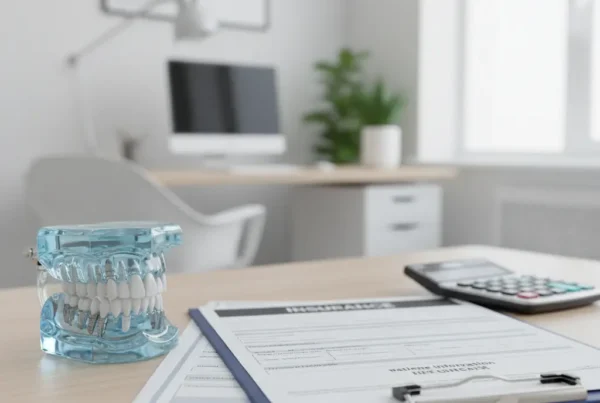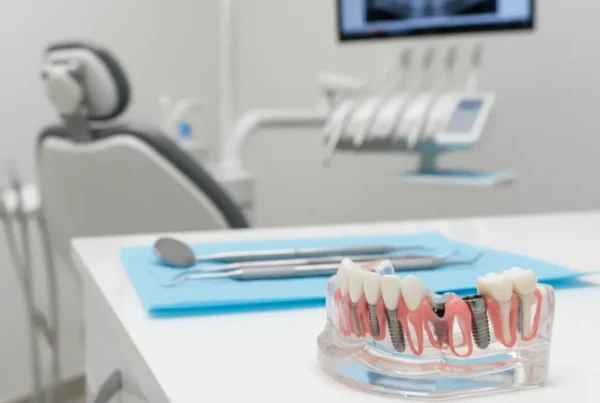“Dental implants have a success rate of 95–98%—but what about the other 2–5%?” That part often gets overlooked, but it matters. If you’re considering an implant or already have one, that small percentage can feel like a big risk. The truth is, most implant failures are preventable with the right planning, care, and follow-up.
At Gentle Grand Prairie Dentist, we believe in full transparency. Setting realistic expectations helps you feel empowered and informed before starting any treatment. So let’s dive into what causes implant failure, how to reduce your risk, and what we can do if something goes wrong.
What Is Dental Implant Failure?
Dental implant failure occurs when the implant fails to properly bond with the bone—or when complications cause it to become unstable. This can happen during the early healing phase or years after placement. Early failure usually involves osseointegration problems, while late failure tends to involve gum disease or bone loss.
The important thing to remember? Most cases are caught early and can be treated. With consistent care and quick action, we can often get things back on track without long-term damage.
Early Implant Failure: What Can Go Wrong?
Most early failures happen in the first three to six months after surgery. This is the crucial healing period, where the implant bonds to the jawbone. When the implant doesn’t properly fuse with the bone, that’s called failed osseointegration—and it’s one of the most common early complications.
Infection around the surgical site can also interfere with healing, especially if the implant is overloaded too soon. Contributing factors may include smoking, poor oral hygiene, or underlying medical conditions like uncontrolled diabetes. Sometimes, the issue lies in bone quality or placement technique.
We take all of these into account before placing any implant. With thorough pre-op planning, we can lower the chances of complications right from the start.
Late Implant Failure: Years Down the Road
Even a well-placed implant can fail if long-term care is neglected. Late implant failure typically occurs months or even years after successful healing. It often results from changes in oral health or habits that weren’t a factor at the time of placement.
The most common culprit is peri-implantitis, a form of gum disease that causes inflammation and bone loss around the implant. Grinding or clenching your teeth—also known as bruxism—can stress the implant and surrounding bone. Other causes include trauma, infection, and inconsistent dental hygiene.
If your implant feels loose, painful, or looks different, don’t wait. Early evaluation can prevent more serious problems down the line.
Signs Something Might Be Wrong
You don’t have to be in excruciating pain for something to be off. In fact, many implant issues begin subtly and progress over time. One of the first warning signs is redness or swelling around the gums where the implant was placed.
Other symptoms include pain or pressure while chewing, a loose crown or post, and persistent bad breath or taste. You might even notice a change in your bite or a gumline that seems to be pulling back. All of these point to potential implant issues that should be addressed right away.
When in doubt, always reach out. We’d rather check and find nothing wrong than miss something important.

Prevention Is Everything
At Gentle Grand Prairie Dentist, we do everything possible to prevent implant failure before it starts. Prevention begins long before the implant is placed. It starts with detailed diagnostics, personalized treatment planning, and surgical precision.
We use digital 3D scans to evaluate bone health and structure. We also take time to review your medical history and screen for any conditions that might affect healing. If necessary, we treat gum disease before implant surgery to improve outcomes.
Post-op care instructions are clear, simple, and easy to follow. We’ll walk you through every step and answer your questions so you feel confident going into recovery.
Your Role in Success
Once your implant is in place, you take the lead in keeping it healthy. Your daily habits make a huge difference in long-term success. Brushing and flossing around the implant site every day is a must.
If you’re a smoker, quitting—or at least pausing—during healing can drastically reduce your risk of complications. Nightguards are essential for patients who clench or grind their teeth at night. Avoid chewing on ice, pens, or other hard objects that can damage the implant.
And don’t skip your regular dental cleanings and checkups. We’ll monitor your implant’s stability and catch any concerns early.
What If an Implant Fails?
Sometimes, despite everyone’s best efforts, an implant fails. That doesn’t mean you’ve done anything wrong—it simply means it’s time to reassess and regroup.
We’ll start by identifying what went wrong. If the implant is loose or there’s bone loss, we may need to remove it. The area will need time to heal, and in some cases, we’ll place a bone graft to rebuild the site.
After healing, we can often place a new implant with updated techniques or materials. Many patients go on to have long-lasting, successful replacements after initial failure.
Why Choose Gentle Grand Prairie Dentist?
When it comes to dental implants, experience and follow-through matter. At Gentle Grand Prairie Dentist, we specialize in advanced implant care and take pride in our precision and support. We’re with you from your first consultation to your final follow-up—and beyond.
We use advanced technology like CBCT imaging to plan your treatment with accuracy. Our team performs implants every week, giving us the experience needed to navigate even complex cases. And we stay with you long after surgery to help ensure everything heals properly.
Most importantly, we listen. If something doesn’t feel right, we’re here to help.
Let’s Talk About Your Next Step
Whether you’re considering your first implant or concerned about one you already have, let’s talk. Schedule a consultation at Gentle Grand Prairie Dentist today. We’ll provide honest feedback, clear answers, and a personalized plan that supports your smile for years to come.
Book an appointment with Grand Prairie, TX’s top dentist, Dr. Khademazad, today. It’s the first step to a better smile and increased self-esteem. Act quickly to enjoy a beautiful, straight smile without the pain of traditional braces. Call us at 972-988-0900.
Schedule Your Consultation Today!
2475 W Pioneer Pkwy Grand Prairie, Texas, 75051
Google Reviews: See More Reviews From Grand Prairie Family Dental
View information about local places in our community.
Driving Directions to Our Practice
Can an implant fail even if I’m healthy and follow all instructions?
Yes—though it’s uncommon. Even with perfect hygiene and ideal health, there’s still a small chance an implant might not integrate properly due to factors outside your control, like bone density, genetics, or how your body responds to the implant. That’s why we monitor healing closely with follow-up visits and imaging. Early detection gives us a chance to step in before things get worse—and if needed, replan for a successful second attempt.
Are there different success rates for implants placed in the front versus the back of the mouth?
There can be slight differences. Implants in the back of the mouth (molars) often take more pressure during chewing, so they require strong bone support. The front of the mouth (incisors) typically requires more precision for esthetics and gum contouring but takes less bite force. Both areas can be highly successful when planned carefully. We tailor your treatment based on your anatomy, bite forces, and cosmetic goals to get the best outcome in any location.
How long should I wait before trying again if an implant has to be removed?
If an implant fails and needs to be removed, we usually recommend waiting 3 to 6 months to allow the area to heal. This gives the bone and soft tissue time to recover—especially if we need to perform a bone graft. We’ll take follow-up scans to make sure the site is ready and replan the new placement with precision. Every case is different, so we’ll walk you through a custom timeline if reimplantation is right for you.
What Are Dental Implants, Dental Implant Success, Types of Dental Implants, Managing Dental Implant Complications, Dental Implants Maintenance Tips, Variables That Influence Dental Implant Costs, What Are the Risks of Dental Implants?, Are You a Candidate for Dental Implants?, Crown vs Implants Which is Better?, Single Tooth Implants, Mini Dental Implants, Zirconia Dental Implants, Dental Bridge vs Dental Implants, Dental Implant Failure, Basal Dental Implants






